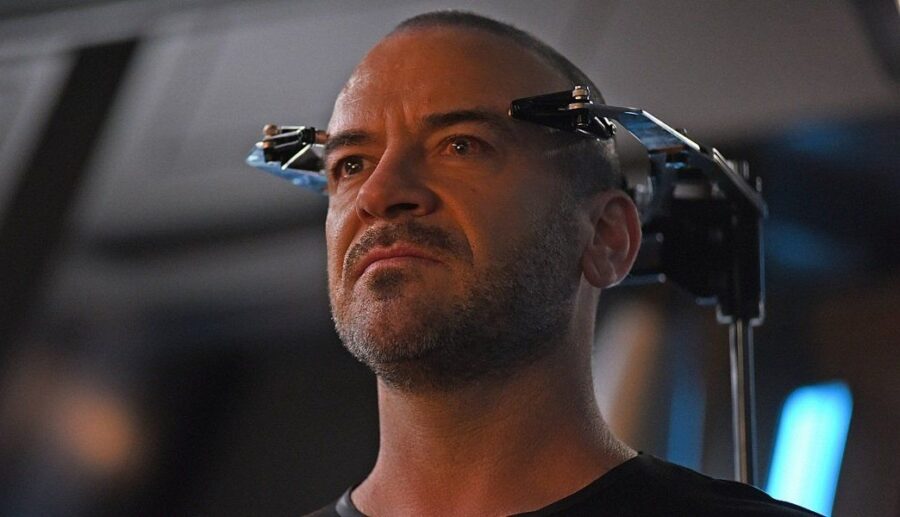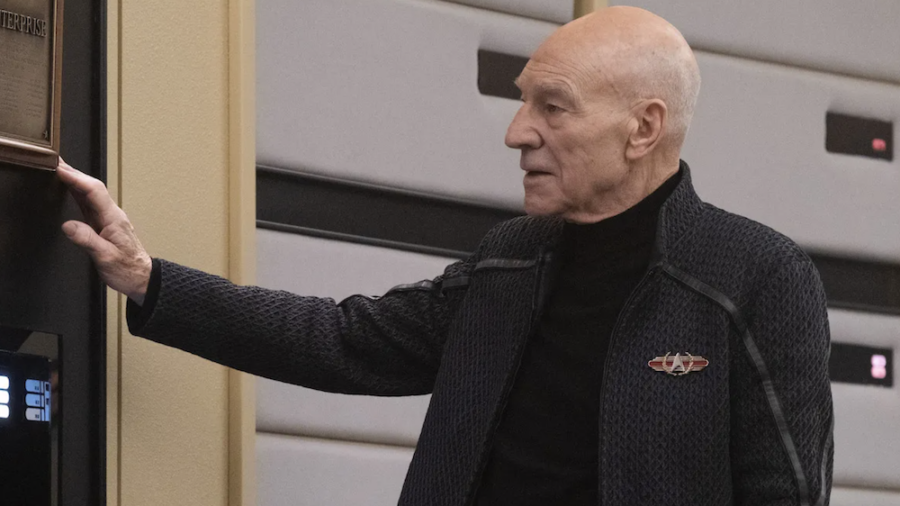Why Star Trek’s Section 31 Completely Breaks The Universe

Star Trek: Deep Space Nine is rightfully known as one of the darkest entries in this Paramount franchise because it focused on some very heavy matters such as the Federation going to war with the Dominion.
Notably, this series also introduced us to Section 31, a group hidden within the Federation that handles spying, wet works, and all manner of dirty tricks. This group has gotten so popular that it will be getting its own movie event starring Michelle Yeoh, but here’s the truth: Star Trek shouldn’t have anything like Section 31 because it completely undermines the ideals of both the franchise and the Federation.
Section 31 Is A Secret Star Trek Group

Before we go off like Chief O’Brien after he’s had a few too many drinks with Dr. Bashir, let’s review what Section 31 is.
First introduced in the Star Trek: Deep Space Nine episode “Inquisition,” this group has been around since the beginning of Starfleet and before the formation of the Federation.
Ostensibly empowered by Article 14, Section 31 of the Starfleet charter, this secret group is empowered to do almost anything to protect Starfleet and the Federation. Most notably, it is a completely autonomous group that doesn’t report to anyone else.
Section 31 Does All The Dirty Work

In creating Section 31, Star Trek: Deep Space Nine writer, producer, and eventual showrunner Ira Steven Behr said he was inspired by a line from Commander Sisko in the episode “The Maquis, Part II” which said, “It’s easy to be a saint in paradise.”
This got Behr thinking that Earth could only realistically be a paradise at an extreme price. In this case, the price is Section 31 doing all of the dirty work (which includes murder, sabotage, and even attempted genocide) so that the average Earth citizen can feel like their own hands are perfectly clean.
Section 31 Undermines Star Trek Franchise Ideas

Why, then, do we think Star Trek’s universe is completely broken by the existence of Section 31?
For one thing, this secretive group undermines the very fundamental franchise idea that humanity has evolved past our most violent and baser needs.
The role Section 31 effectively proves such Utopian thinking is a complete lie even as many episodes highly imply the illegal, violent, and arguably treasonous actions of the group are somehow necessary for a nebulous idea of the greater good.
Writers Want It Both Ways

It doesn’t help that Star Trek writers want to have it both ways with Section 31: the group’s clandestine nature is often stressed as a way to keep them separate from our favorite Starfleet heroes.
But as Odo cynically notes in the Deep Space Nine episode “The Dogs of War,” the Federation is a group who “claims to abhor Section 31’s tactics, but when they need the dirty work done, they look the other way.”
Higher-ups in the Federation clearly know about the existence of the group, and that means that even squeaky-clean characters like Captain Picard are effectively in bed with futuristic fascists.
Picard’s Words

We didn’t just bring Picard up for fun, either. In the Star Trek: The Next Generation episode “The Drumhead,” the captain memorably describes the problem with turning the quest for justice into a witchhunt: “The very first time any man’s freedoms are trampled…we are all damaged,” he says. And we all feel like cheering because Picard is sticking up for important Federation ideals.
However, Section 31 operating for literally centuries and operating without any kind of due process proves all of this is a lie: Picard’s idealism comes at the cost of secret police carrying out sanctioned abuses of the very ideals he is espousing.
Mirroring Our Own Lives

At the end of the day, we can understand Star Trek writers wanting to play with something like Section 31 because it serves as a mirror of our own lives.
Many of us, for example, live comfortable lives in part because shady governmental organizations have done terrible things in the name of protecting our cozy lifestyles.
But Star Trek makes for such fun escapism because it shows us an idealized world and helps us imagine a better future for ourselves and everyone around us.
Nobody really wants Star Trek to be a dark mirror of our miserable world, and without Section 31, perhaps the franchise could finally reflect hope once more.








